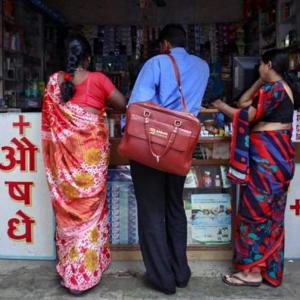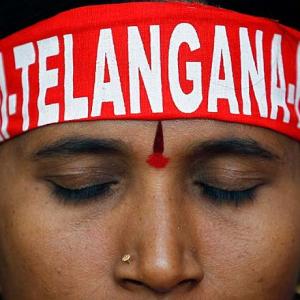 While the US Government and strong American pharma sector have been up in arms against India for issuing compulsory licence in the sector, an eminent global non-governmental organisation has said that it is the United States which leads the world in use of compulsory licenses.
While the US Government and strong American pharma sector have been up in arms against India for issuing compulsory licence in the sector, an eminent global non-governmental organisation has said that it is the United States which leads the world in use of compulsory licenses.
The United States ‘is leading the world in the use of compulsory licenses, and is hypocritical in voicing indignance when developing countries issue compulsory licenses for essential drugs,’ Washington-based Knowledge Ecology International, with its offices in Geneva, has alleged.
In a recent submission to the US International Trade Commission, KEI said that from 1970 until 2005, India did not grant patents on pharmaceutical products, and like many other developing countries limited or eliminated patent protection for pharmaceutical drugs.
"The US and other countries seek to limit and curb anti-competitive actions by businesses. One of the remedies available to curb anti¬competitive acts are compulsory license on patents, copies, data or other types of intellectual property rights," said James Love of KEI.
In its testimony, KEI said that from 1970 until 2005, India did not grant patents on pharmaceutical products, and like many other developing countries limited or eliminated patent protection for pharmaceutical drugs.
When the World Trade Organisation was created, its Trade-Related Aspects of Intellectual Property Rights (TRIPS) agreement included a requirement that India and other countries grant patents on pharmaceutical products.
According to KEI, India and other countries were reluctant to accept the TRIPS agreement, but did so after threats of unilateral trade sanctions (highlighted by the creation in 1989 of the Special 301 list), as part of a larger bargain (in the Marrakesh Treaty) that offered greater market access.
"Since the WTO was created, the United States has reneged on that earlier bargain, not only with India, but with all developing countries, by pressing for endless demands to change intellectual property laws beyond that required by the WTO TRIPS agreement and now, by complaining about price controls and other measures designed to control the prices of patented medicines," he said.
Love said the Indian patent law has been on the books since 2005, and the US has yet to bring a WTO case over the issues now raised in the Gleevec or Nexavar case, either because the United States has no case or because the case is weak or could go either way.
So long as the United States avoids the WTO dispute resolution, people should stop alleging India is operating out side of the WTO rules, KEI said.
"These bilateral pressures are designed to operate outside of the WTO rules, and the primary purpose of the pressures are to stop the manufacture and sale of affordable generic drugs.
"There is a history to these efforts.
"From 1997 to 2003, the United States was involved in a regrettable campaign to stop India from manufacturing and exporting inexpensive AIDS drugs to Africa and other developing countries," Love alleged.









